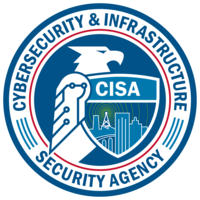See Yourself in Cyber. #BeCyberSmart.
Even though cybersecurity may seem like a complex subject, ultimately, it’s really all about people. This month we focus on the “people” part of cybersecurity, providing information and resources to help everyone make smarter decisions whether on the job, at home, or at school.
4 Things You Can Do to #BeCyberSmart
- Enable Multi-Factor Authentication (Learn more about SharkPass/Duo at Simmons)
- Use Strong Passwords (Learn more in our Information Security Policy)
- Recognize and Report Phishing (Visit the phishing information website)
- Update Your Software (Read more about how to check for software updates on your MacOS, Windows, Android, or iOS device)



